Why Abolition?
The United States incarcerates more people than any other country on the face of the Earth, accounting for nearly 25% of the global prison population. Currently, more than 2 million people are held in US prison facilities of various types nationwide. In that number, people of color—particularly Black people—are massively overrepresented. Black Americans are more than 5 times as likely as their white counterparts to be imprisoned.
The systems of policing and incarceration in the US have developed to serve particular functions. Principally, they are a means to house and control populations rendered surplus to the economy. Still, while prisoners are kept out of the formal economy, they are put to work to produce what is essentially pure profit.
Incarcerated workers generate over $10 billion in goods and services each year, in exchange for either nothing or a bare sliver of the minimum wage and amid dangerous working conditions. Almost 100,000 are held in private prisons, their incarceration and labor delivering steady profits to investors.
Sites of incarceration can be found at the local, county, state, and federal levels, including the US border control regime. Incarceration assembles groups of people to exploit them and to prop up the larger system of domination within and outside it:
- Prisons and jails, and the elaborate police and court bureaucracy that surround them, systematically extract wealth from predominantly Black, Latine, Indigenous, and working class people.
- Hyper-exploited labor pushes down wages, especially for entry-level and dangerous jobs.
- Incarceration destabilizes and disorganizes the communities and neighborhoods from which people are kidnapped, leaving families and friends on the outside more vulnerable to predatory landlords, employers, and lenders. It’s no coincidence that these are the neighborhoods with historically high rates of popular resistance to capitalism, the state, and the forces of reaction.
- White supremacy, heteropatriarchy, and the larger settler-colonial project are structurally and culturally reproduced and reinforced.
As long as there have been sites of incarceration, there have been those fighting to end them, both inside and outside. Given their indispensable role within the larger system of domination, anarchists have long seen them as important sites of organization and radicalization along a trajectory toward the abolition of prisons of all kinds.
While there have been dramatic upsurges, like in 1971 at Attica prison, and the nationwide prison strikes in 2016 and 2018, resistance in one form or another is always there, only varying in intensity, organization, and support. In the immediate term we believe that prisoners can and should organize themselves to struggle for improvements to their collective conditions. In the past this has been achieved through formation of prisoner organizations, like prisoner unions, that have been successful in using direct action, like striking prison labor, to advance their demands.
For anarchists on the outside, there are many possible avenues of intervention. First and foremost, efforts by prisoners to organize themselves should be encouraged through sustained communication, donations of radical literature, the accumulation of material resources, and the retention of legal support. As well, efforts can be made to organize those impacted by the incarceration of their loved ones. In times where prisoners are able to launch campaigns of direct struggle, those on the outside should organize to exert external pressure through strategic campaigns against those institutions that play a key role in keeping sites of incarceration running.
What We Are Doing
Black Rose / Rosa Negra militants are involved in the support of prisoners, political and otherwise, around the country. We have also been involved in campaigns against the construction of new prisons, the presence of police in schools, and efforts to respond to ICE raids.
At present our members are engaged in organizing against the proliferation of ‘cop cities’ or ‘cop campuses’—multi-million dollar facilities designed to equip and train police with the latest in surveillance and urban warfare technologies.
Resources
IWOC is the prisoner wing of the Industrial Workers of the World (IWW), a radical labor union. Through IWOC prisoners have organized themselves and participated in the recent national prison strikes.
Jericho Movement was founded in 1998 and has been committed to supporting political prisoners, including those from organizations such as the Black Panther Party, Black Liberation Army, American Indian Movement, and others.
Critical Resistance organizes to chip away at the existing edifice of the prison industrial complex while acting to prevent its further expansion through resistance to the creation of new prisons, policies of criminalization, and other mechanisms of state domination.
ABCF has been active in supporting imprisoned anarchists and other political prisoners for over 100 years. In this introductory guide, the organization provides information on how to provide support to those imprisoned by the state.
Related Posts
-
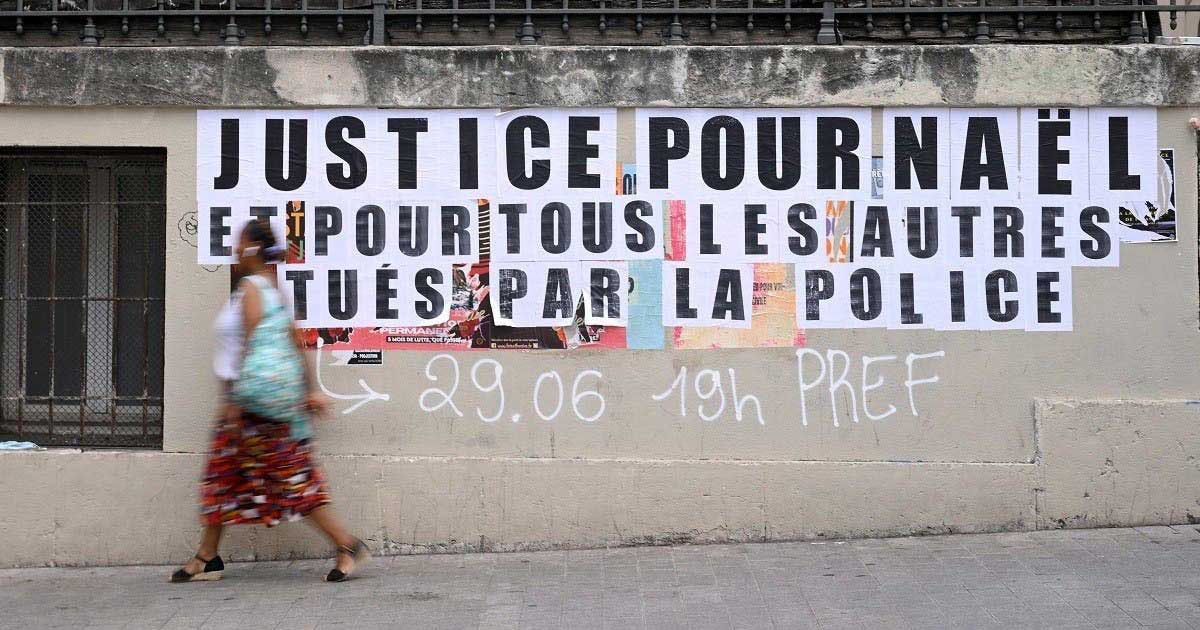
Translation: Union Communiste Libertaire Statement on Uprising in Response to Police Murder of Naël M.
-
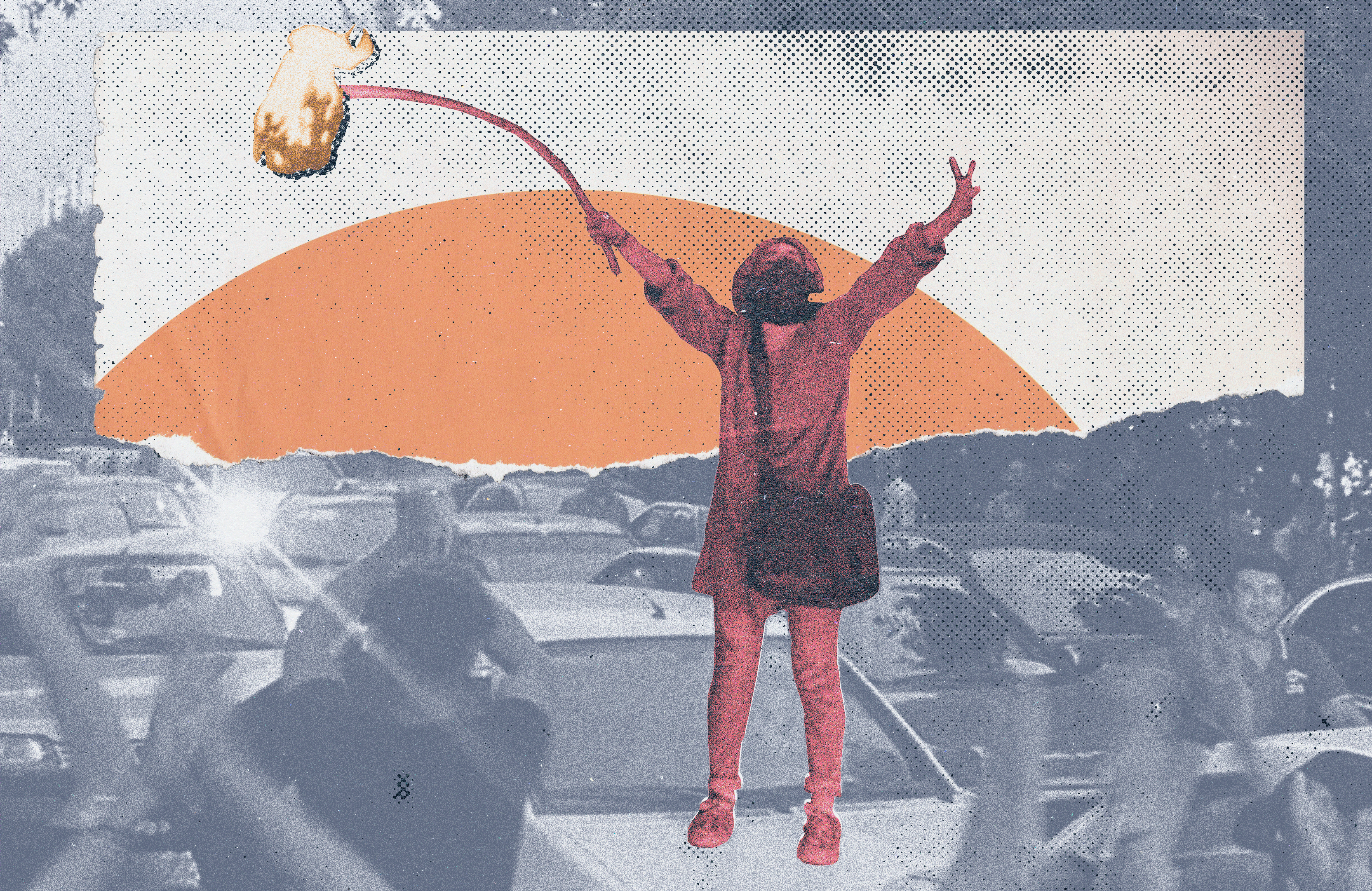
Interview: Iranian Anarchists on Protests in Response to Police Murder of Mahsa Amini
-
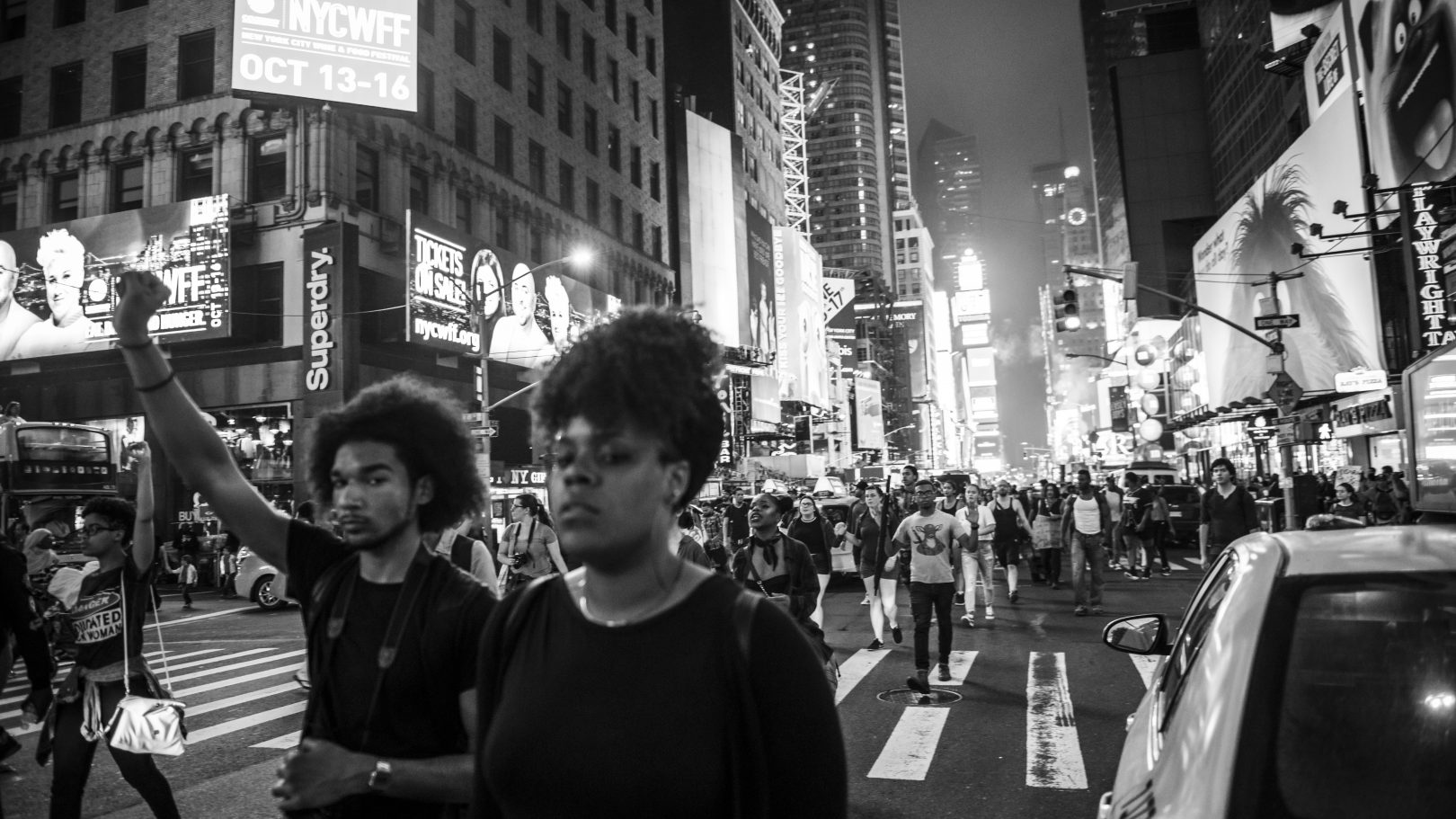
Statement: The Necessity of Abolishing the Police and Capitalism
-
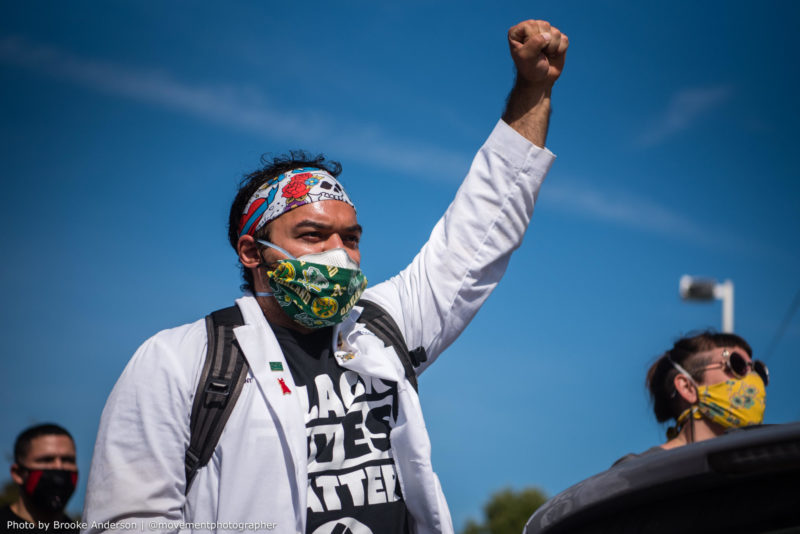
How You and Your Co-Workers Can F*ck the Police
-
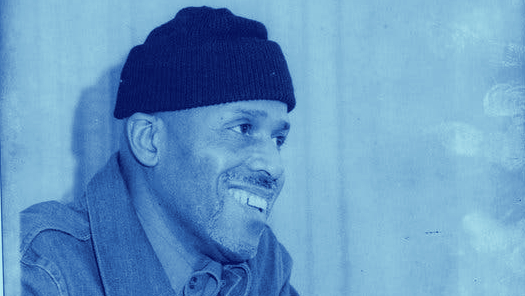
Martin Sostre: Prison Revolutionary
-
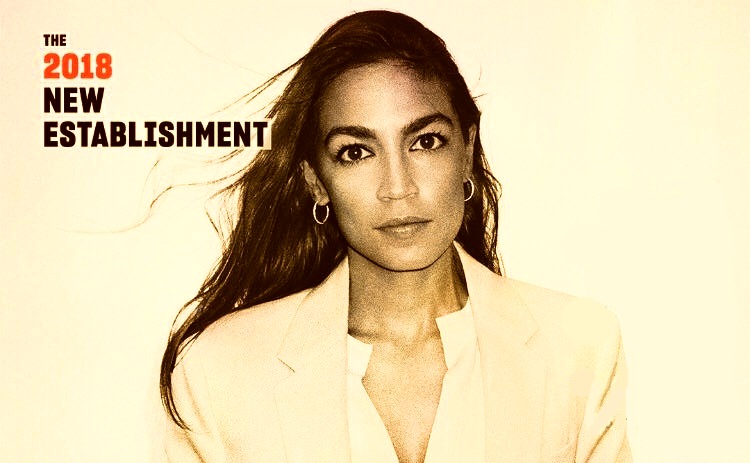
Abolishing ICE by Funding It

